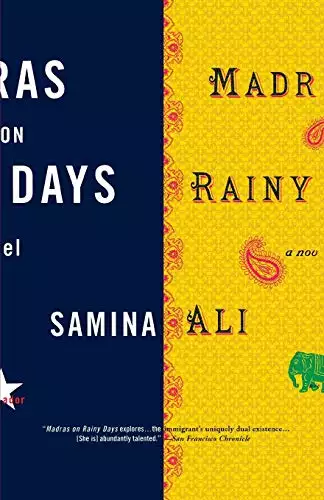Madras on Rainy Days
We hope you are enjoying the book so far. To continue reading...
Madras on Rainy Days
Samina Ali
Copyright © 2024 All Rights Reserved
Close
